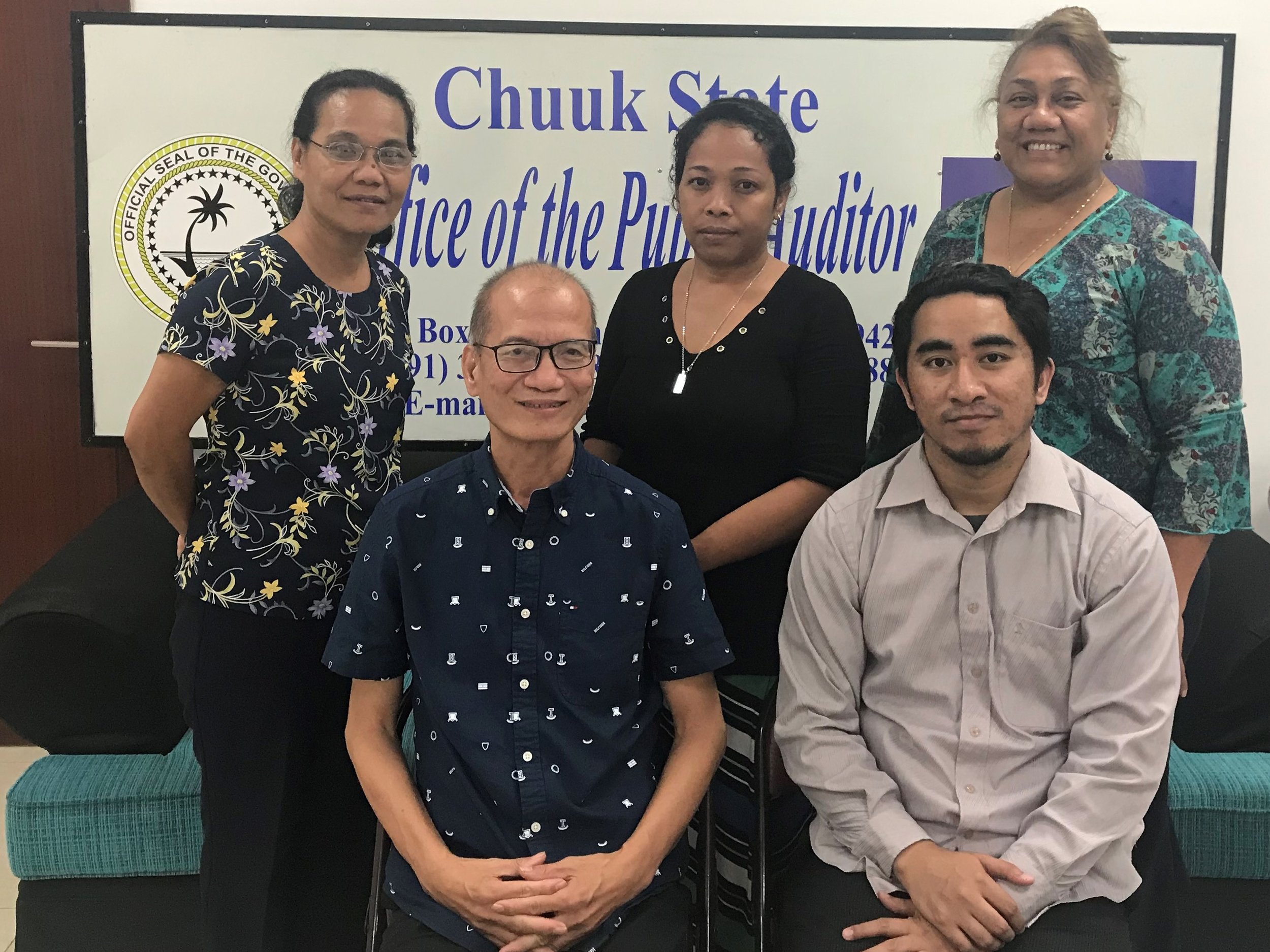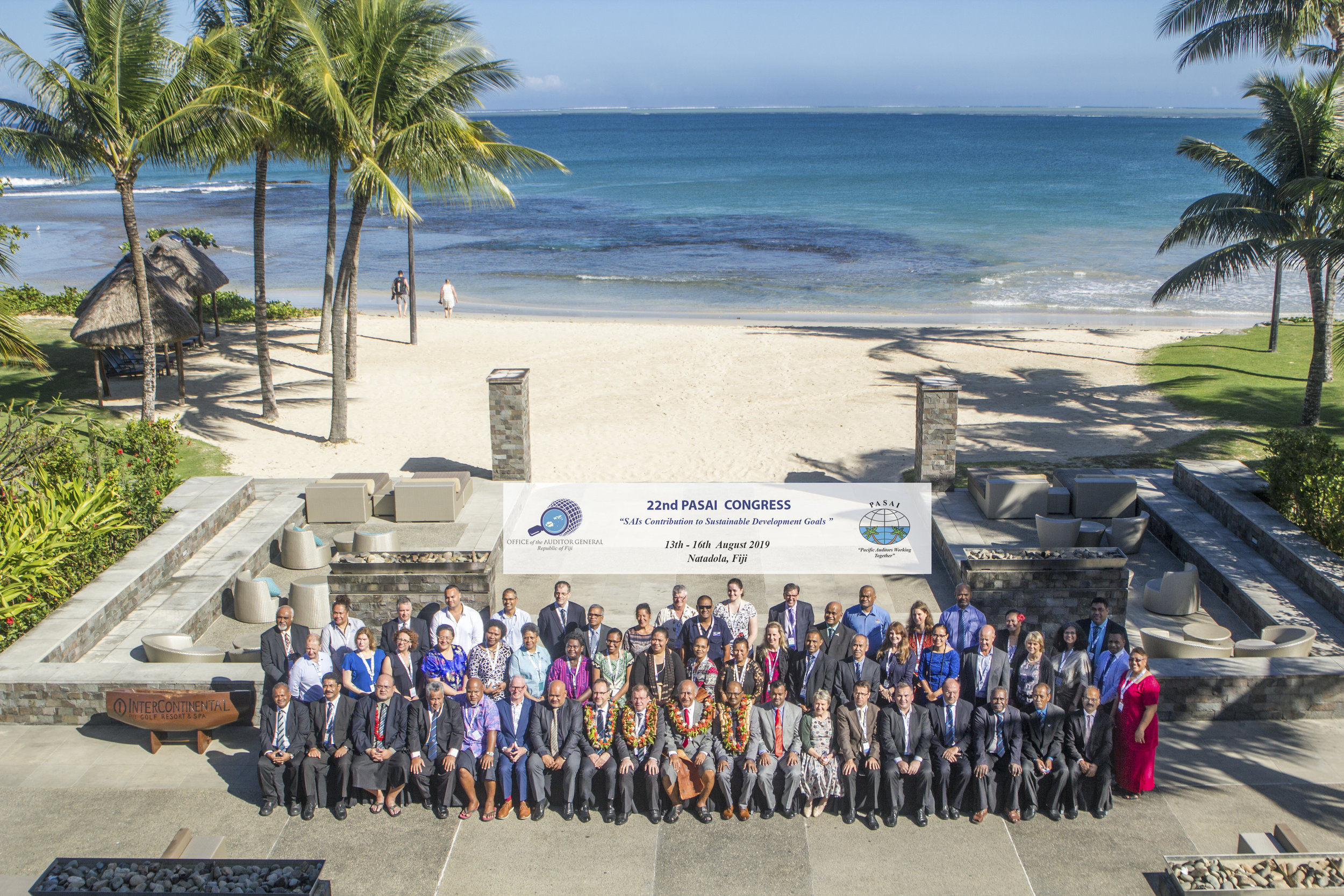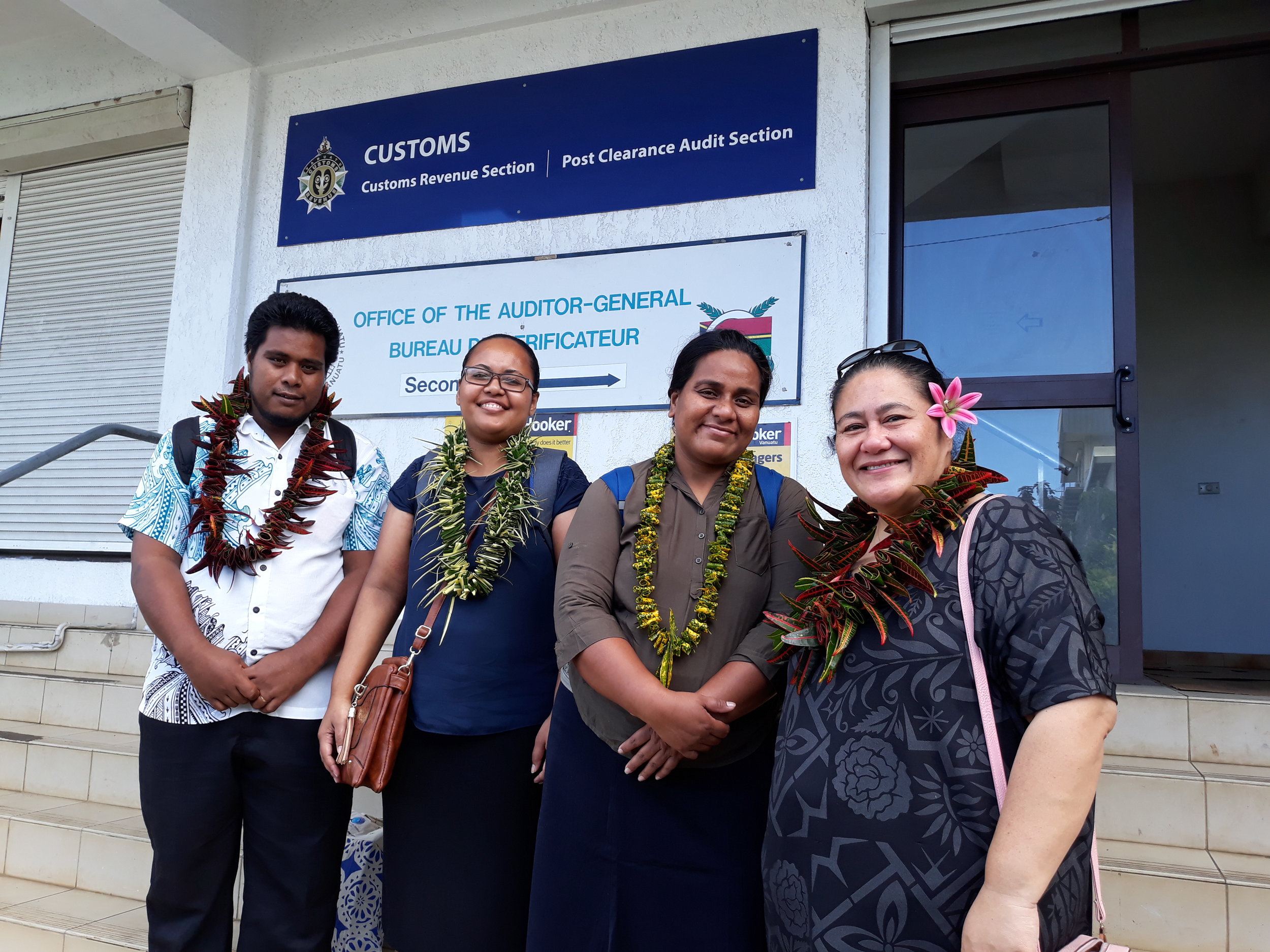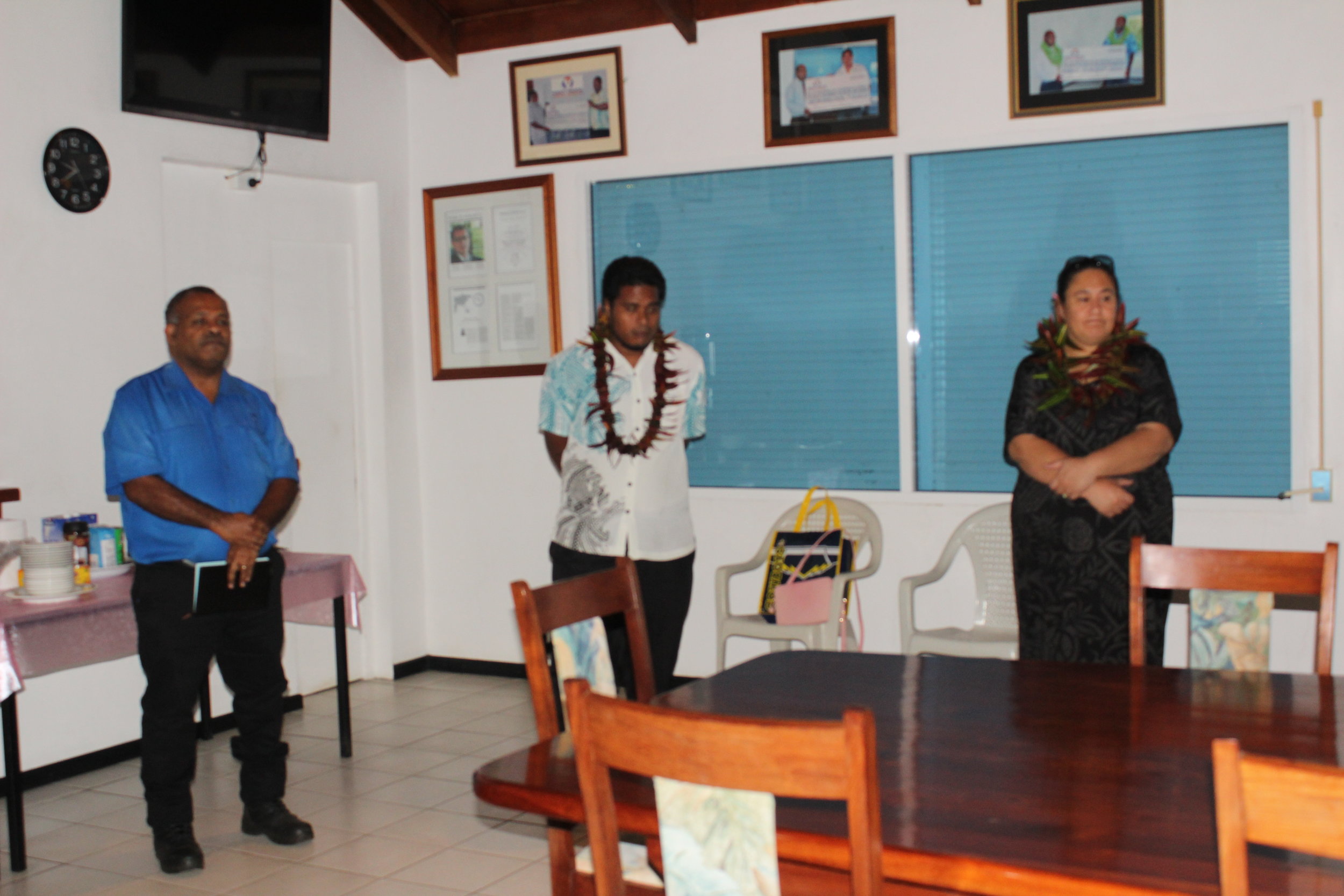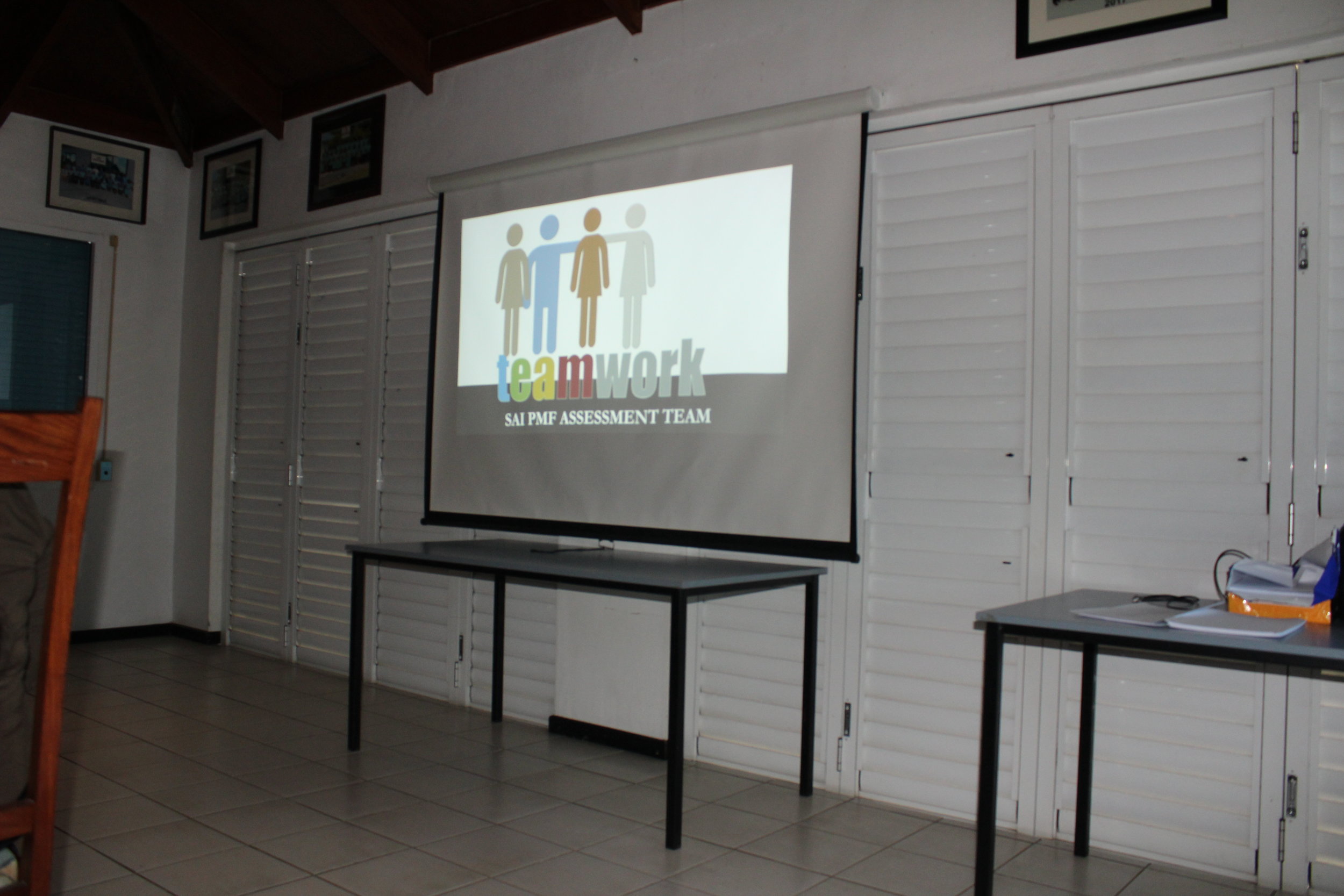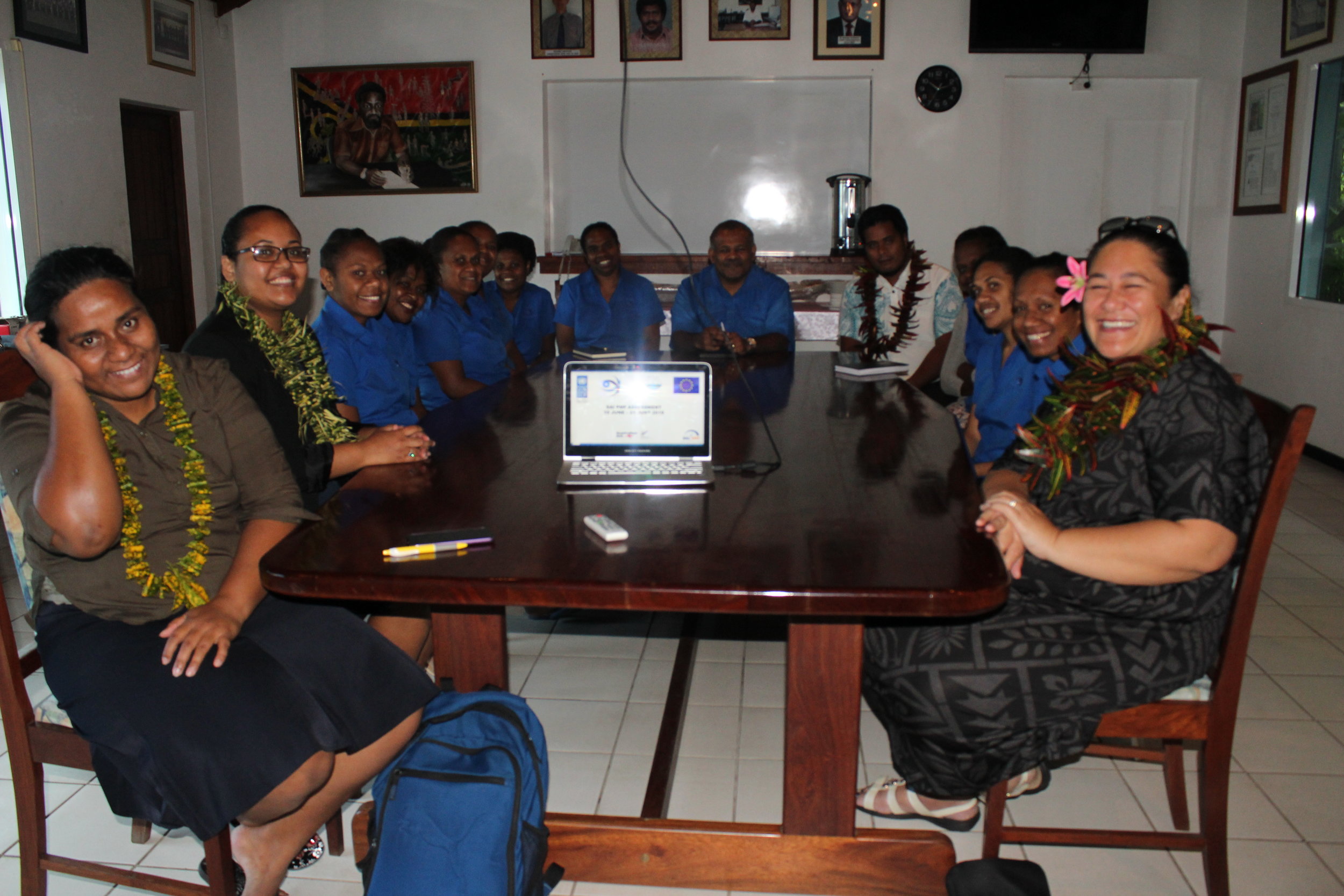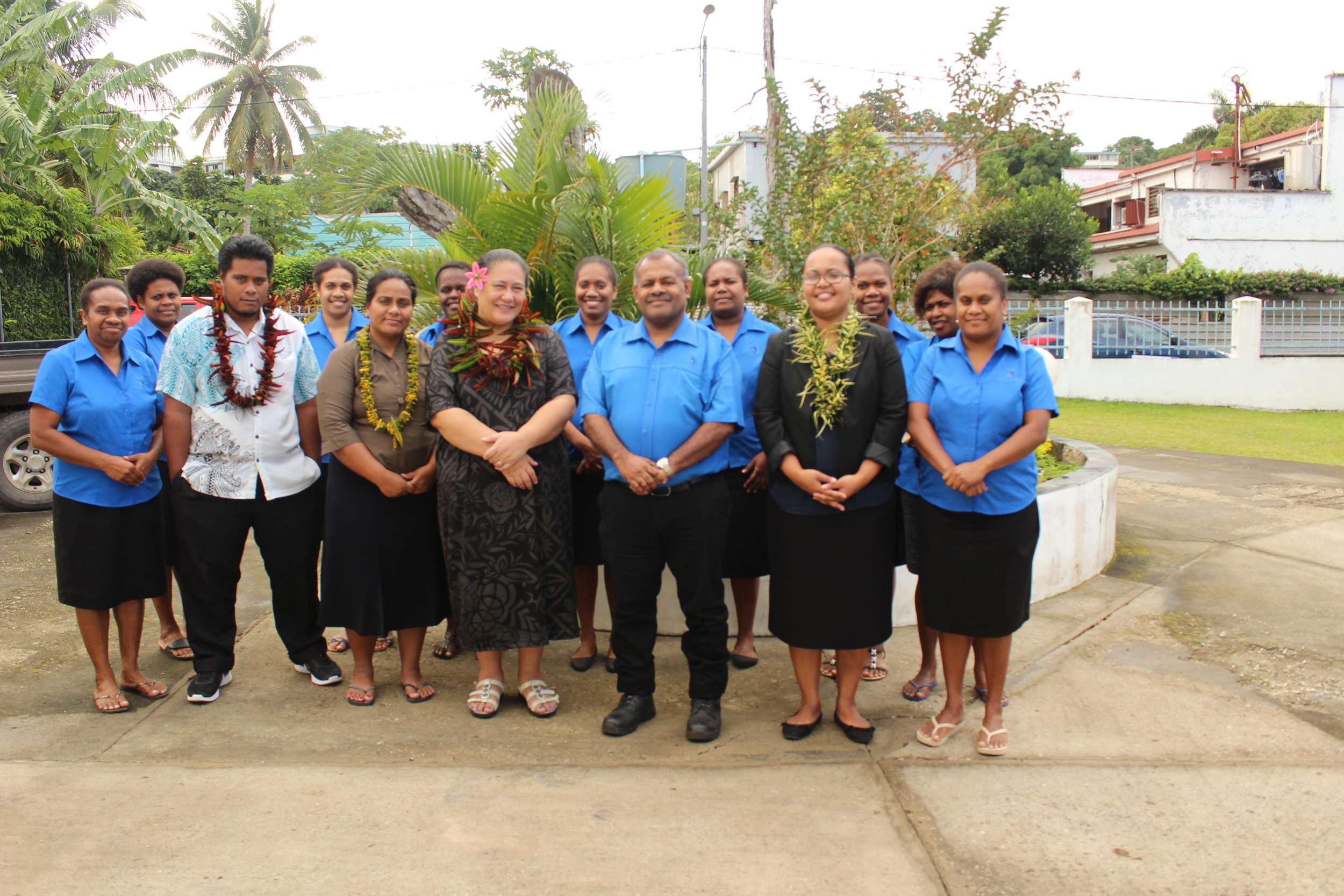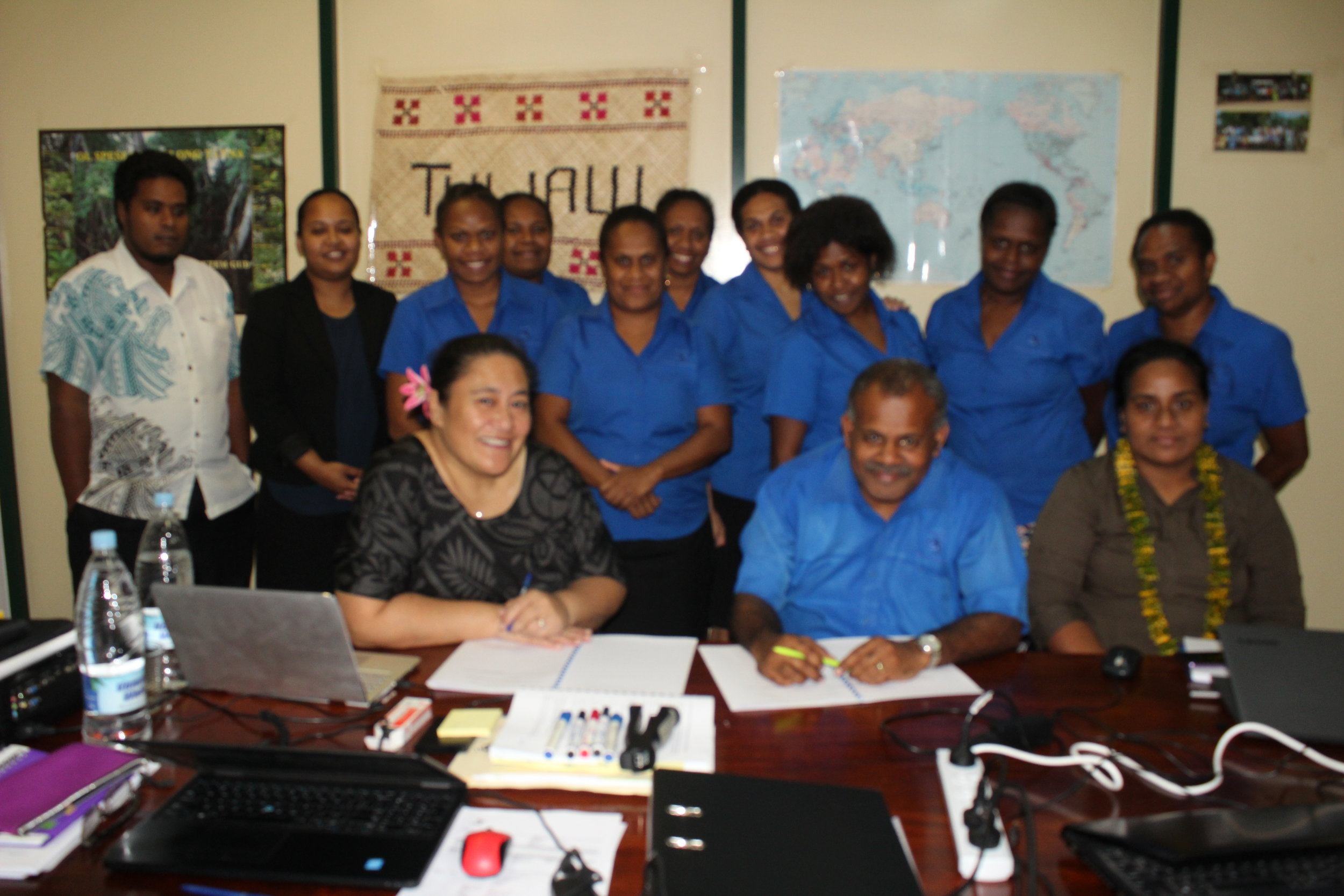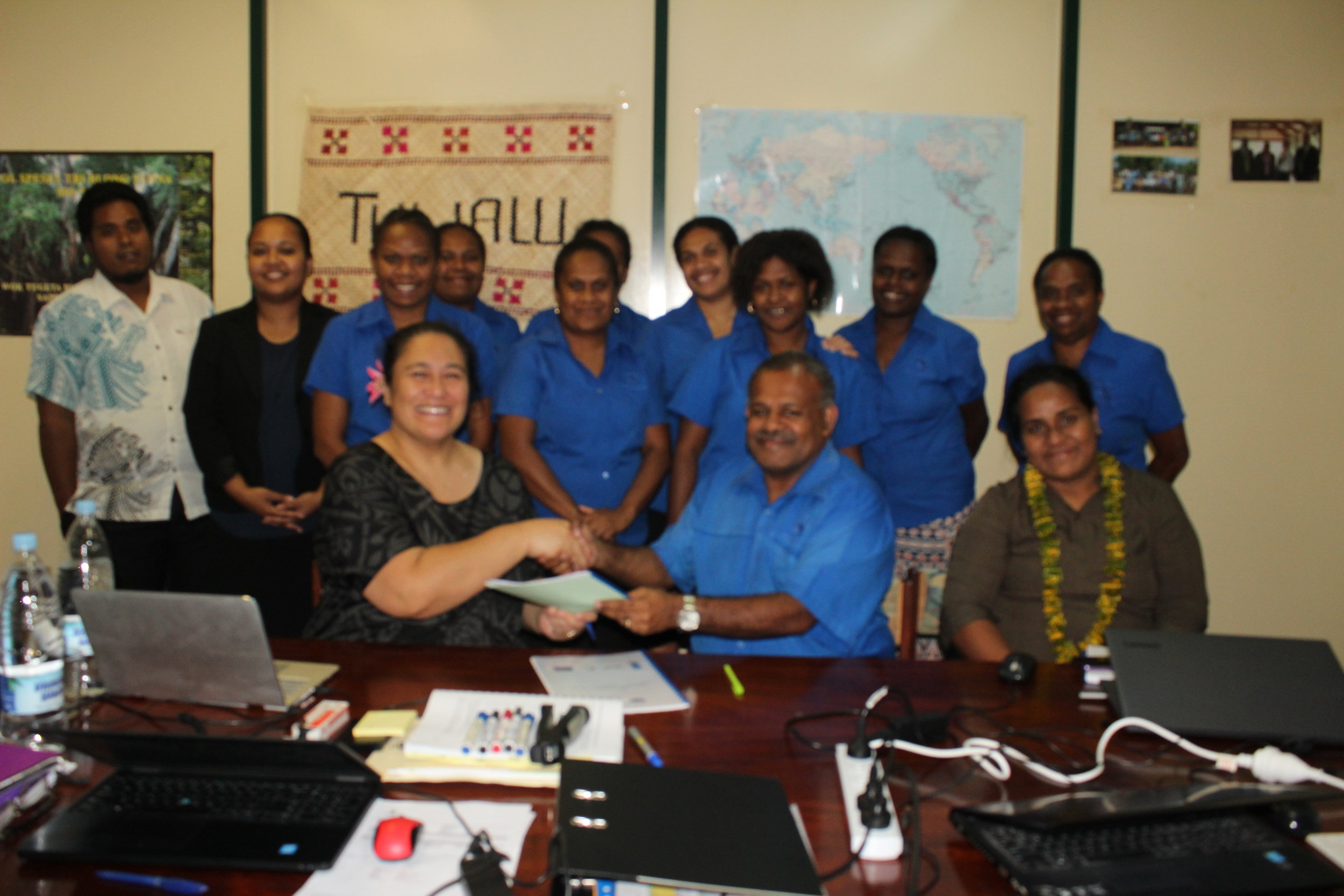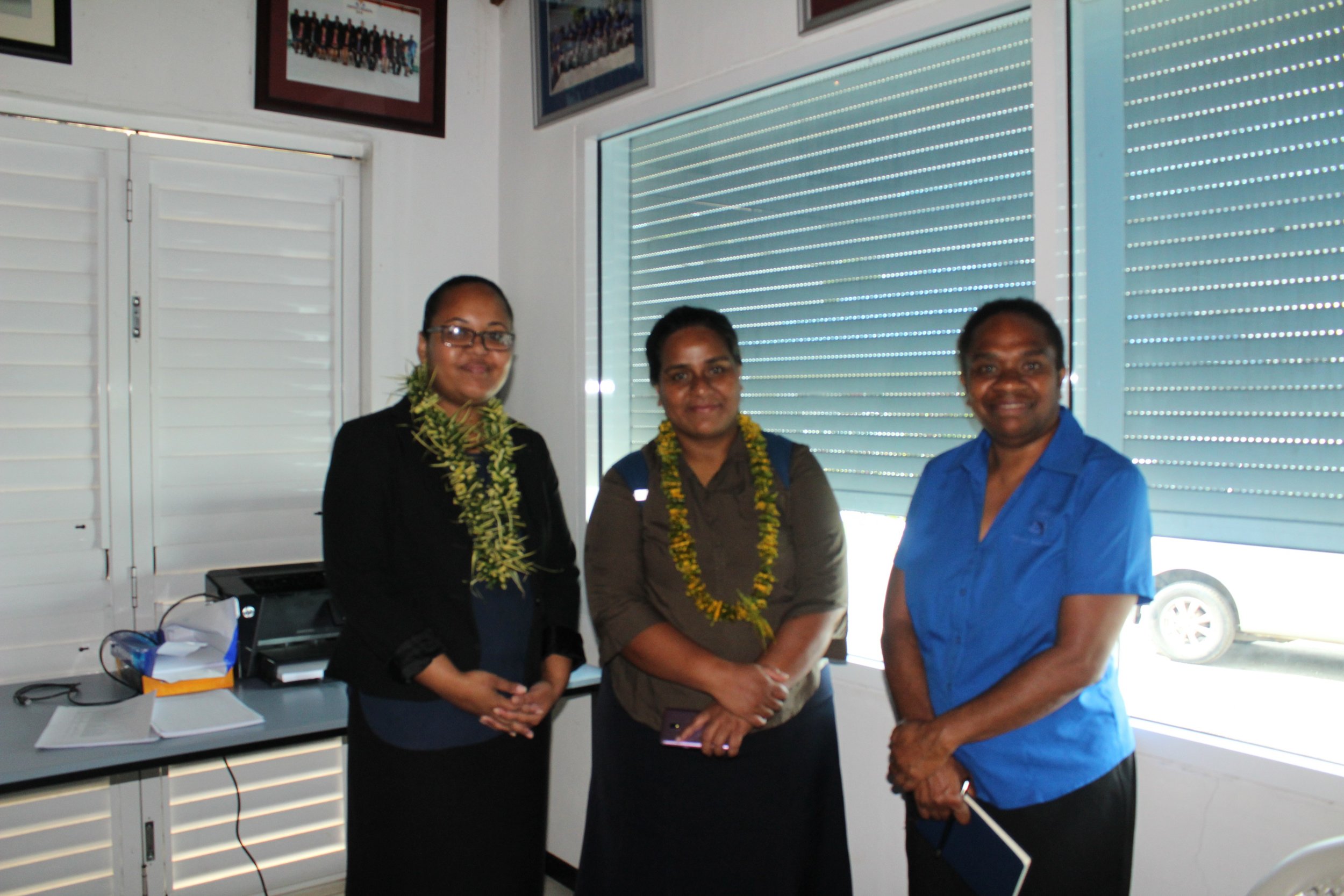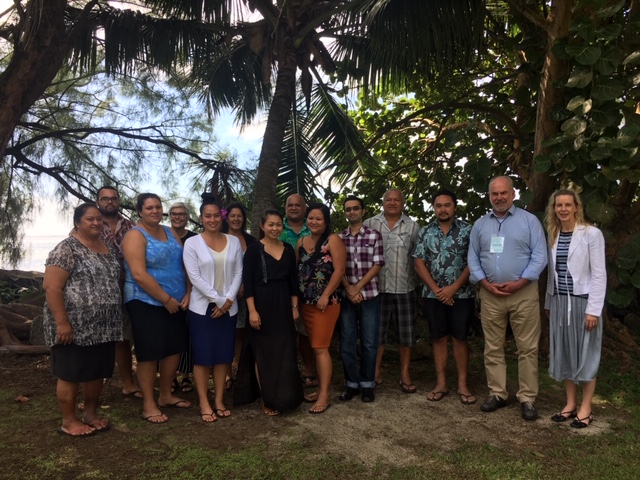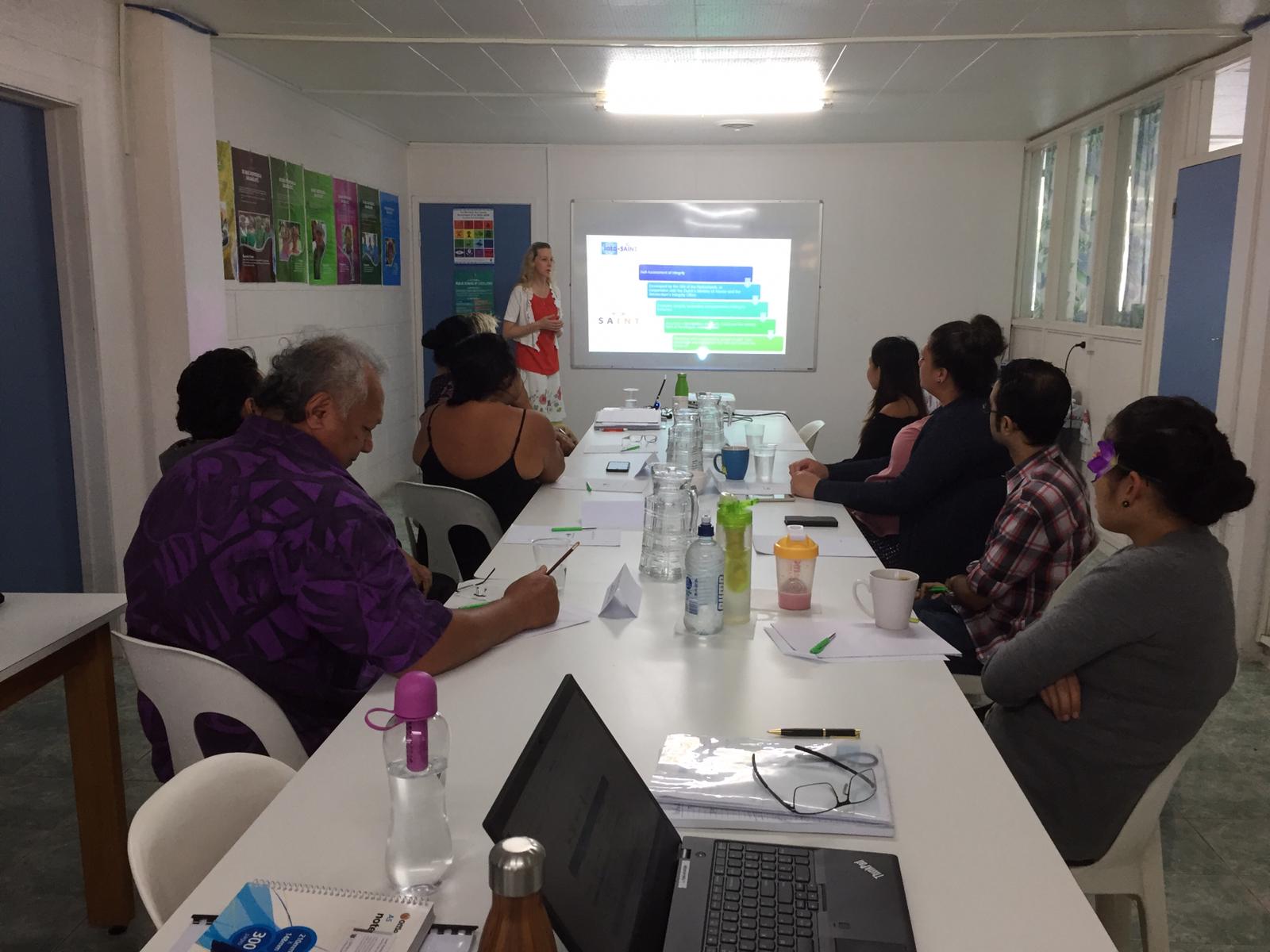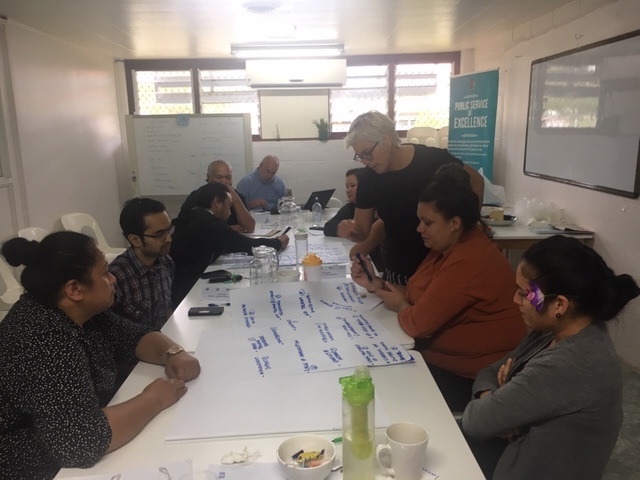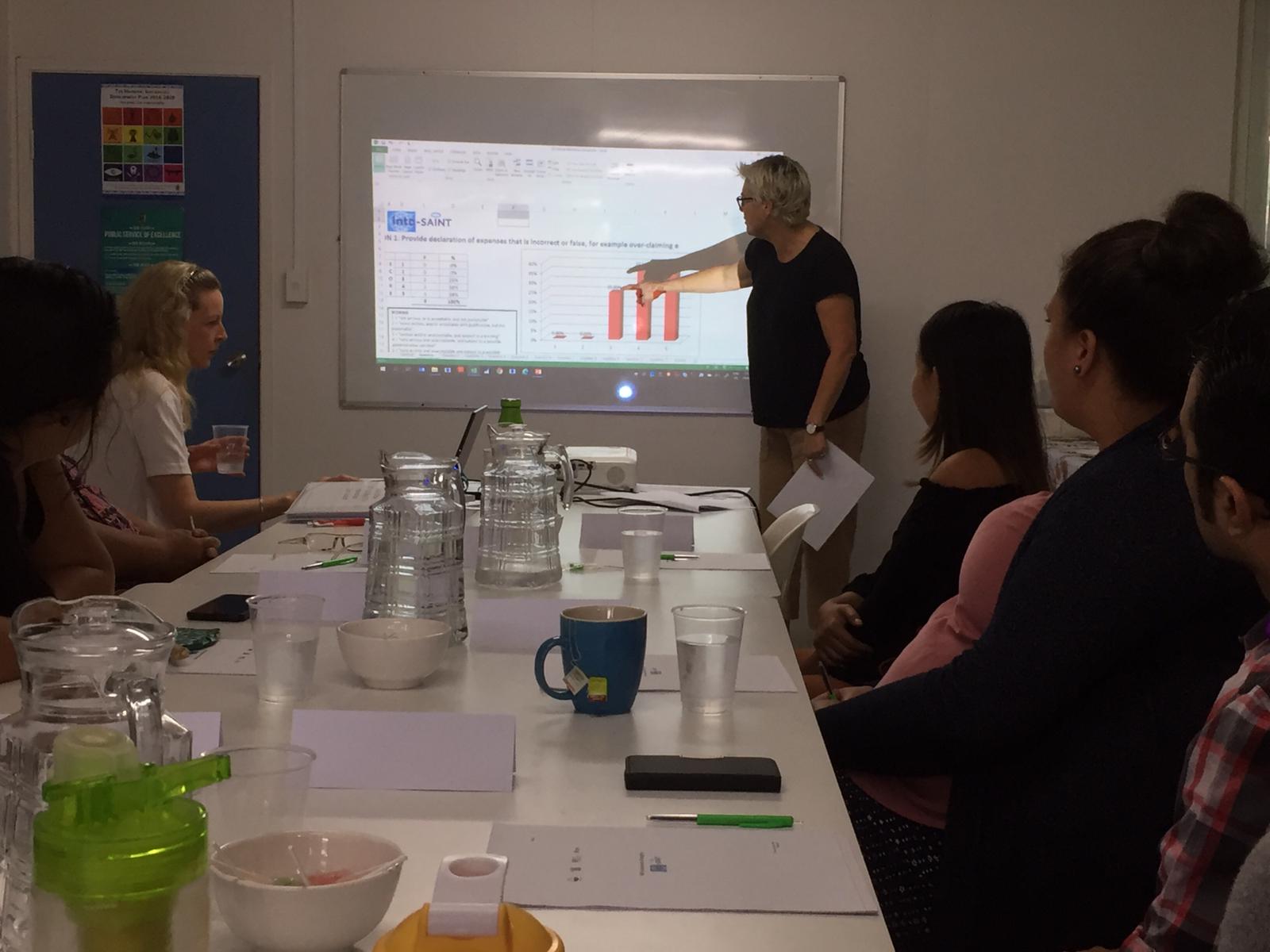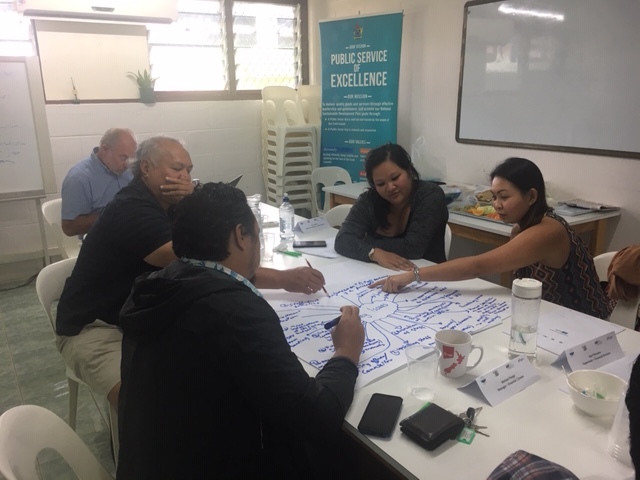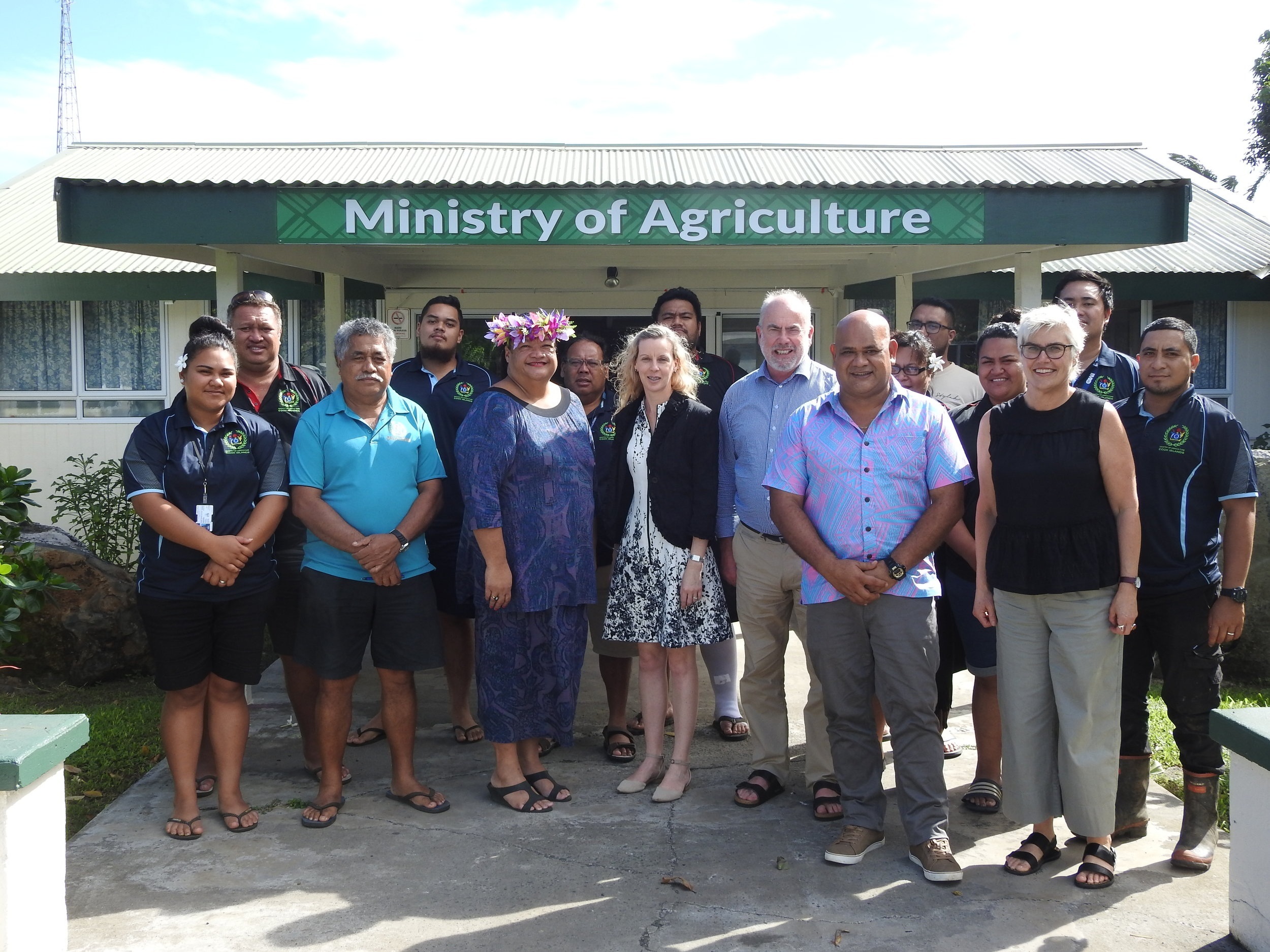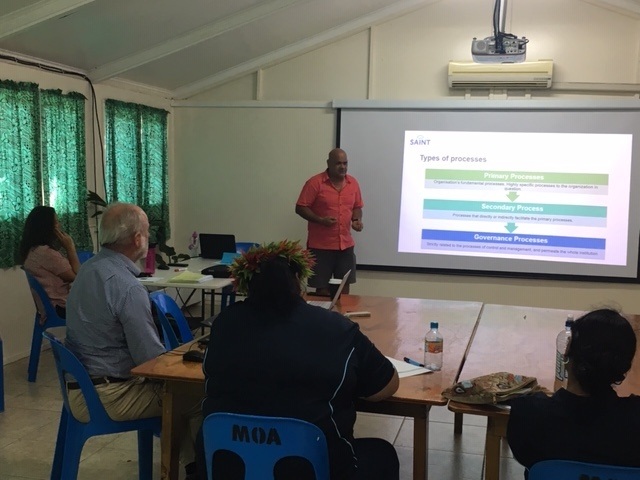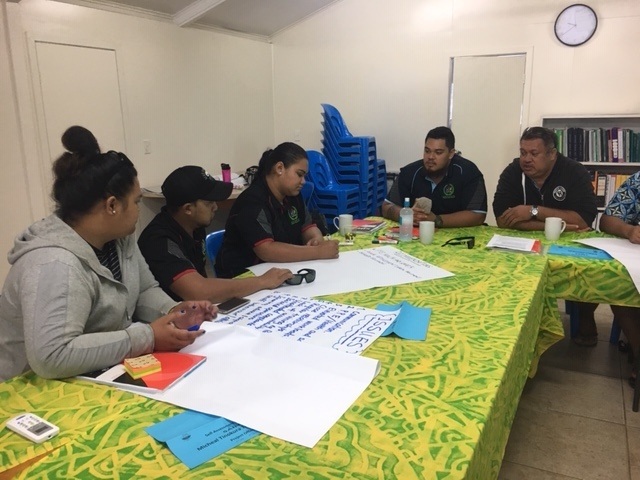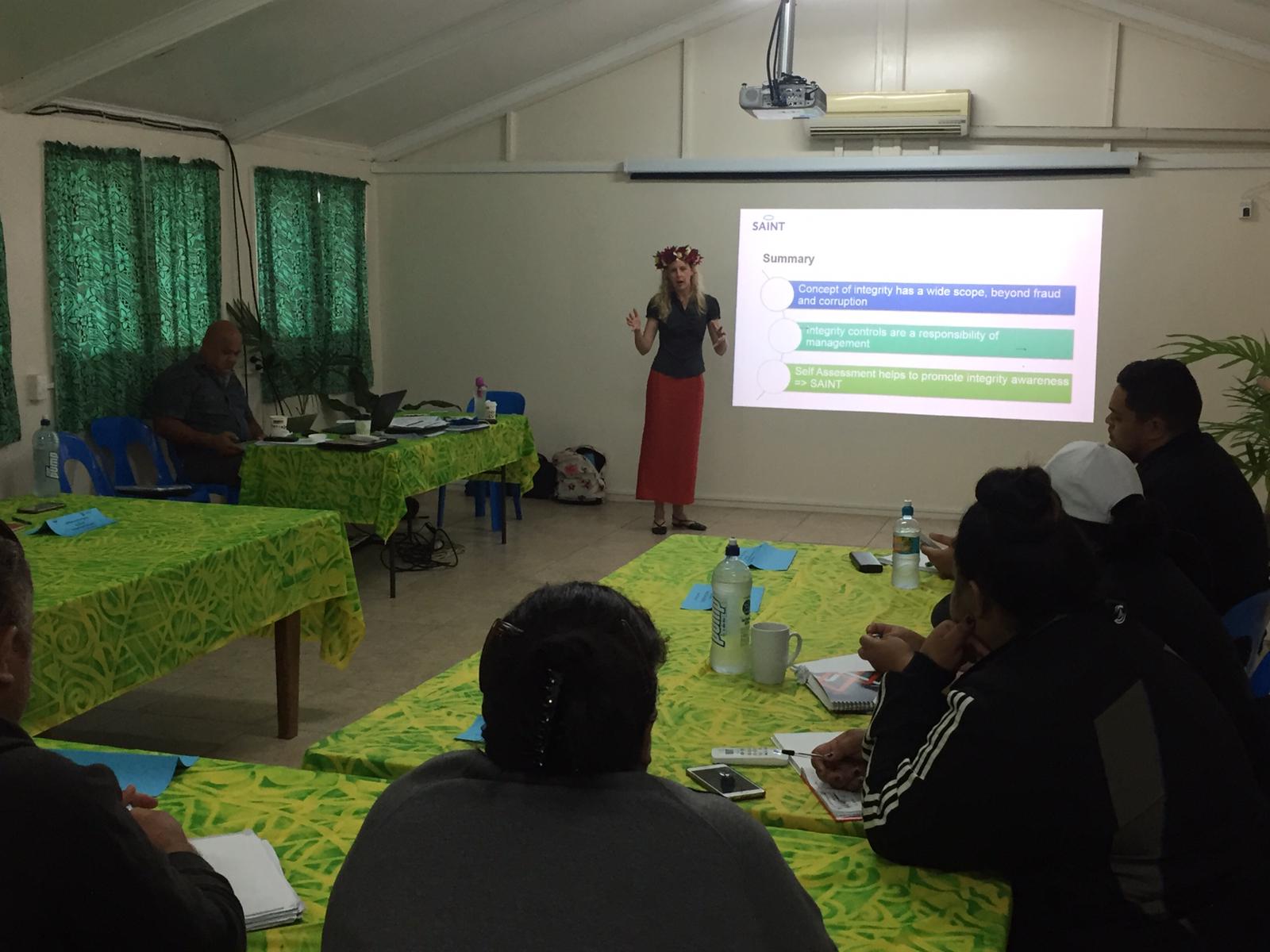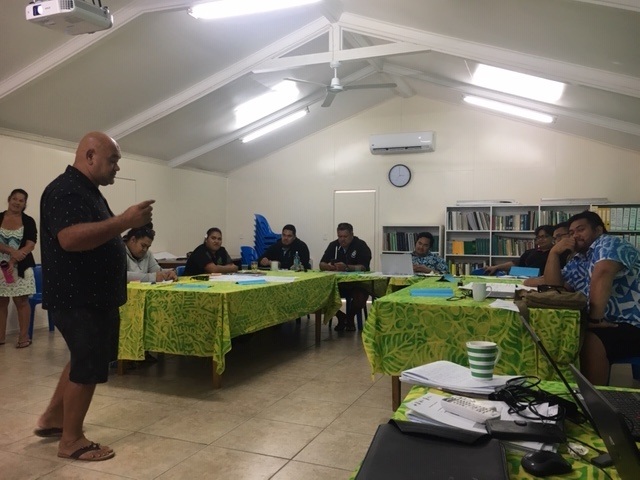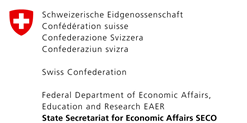Port Vila, Vanuatu (15 November 2019) – Five audit offices’ in the Pacific undertook a review of its operations using the International Organisation of Supreme Audit Institutions (INTOSAI) performance measurement framework (PMF).
A workshop organised by the Pacific Supreme Audit Institution (PASAI), provided an opportunity to continue the capacity development efforts of national public auditors in the respective supreme audit institutions (SAI) in using the PMF tool and provide guidance on preparing performance reports.
This initiative was made possible through the ‘Strengthening of Public Finance Management and Governance in the Pacific Project’.
It aims to strengthen oversight over public financial management in the Pacific region through improving the budgetary scrutiny, public financial oversight and accountability capacities of parliaments, supreme audit institutions and civil society within the region, aligning with international public financial oversight and accountability standards, and fostering citizen engagement and oversight.
The Project is funded by the European Union (EU) and implemented by UNDP in partnership with PASAI.
This is the second and final workshop for this regional programme, which is a continuation from the planning workshop in May this year and the assessment fieldwork conducted in the last four months in five audit offices in State Chuuk, the Commonwealth of the Northern Mariana Islands (CNMI), Fiji, Kiribati and Vanuatu.
In his opening remarks, the Auditor General of Vanuatu Audit Office, Caleb Sandy, emphasized the importance of measuring SAI’s performance to ensure they are well-equipped and capable to deliver value and benefits for citizens.
“The comprehensive assessment highlights key areas for improvement which will help our respective Offices determine necessary actions to address these deficiencies and strengthen our capability to serve our people,” said Sandy.
Facilitated by PASAI’s Director Practice Development, Sinaroseta Palamo-Iosefo, and INTOSAI Development Initiative’s (IDI) SAI PMF Advisor, Irina Sprenglewski, the workshop involved developing the performance report to describe a holistic picture of the SAI’s performance. Delegates analysed the results of performance assessed, identified root causes of the performance, and integrated the external factors that are beyond the audit Offices’ control that influence their performance.
The Public auditor of State Chuuk, Manny San Jose, said, “Participating in this workshop really helped me have a better understanding of the comprehensive standards and criteria used to measure SAI performance”.
Sinaroseta Palamo-Iosefo who also manages the SAI PMF programme in the region said, “Writing the SAI performance report demands careful analysis and interpretation of the assessment results to ensure the report complies with the prescribed methodology and adequately describes the performance of the SAI”.
In the next few weeks, the assessment teams will finalize the respective performance report they are responsible for, to be ready for IDI’s independent quality review. The workshop was held from 11 – 15 November 2019.
(Vanuatu Auditor General, Mr Caleb Sandy, delivering opening address)
PASAI also acknowledges the continuous support of the Australia Department of Foreign Affairs and Trade (DFAT) and New Zealand Ministry of Foreign Affairs and Trade (MFAT).
Background:
The ‘Strengthening of Public Finance Management and Governance in the Pacific Project’ aims to strengthen oversight over public financial management in the Pacific region through improving the budgetary scrutiny, public financial oversight and accountability capacities of parliaments, supreme audit institutions and civil society within the region, aligning with international public financial oversight and accountability standards, and fostering citizen engagement and oversight. The Pacific Project is funded by the European Union (EU) and implemented by the United Nations Development Programme (UNDP) in partnership with the Pacific Association of Supreme Audit Institutions (PASAI).
Contact information:
Mrs. Sinaroseta Palamo-Iosefo, PASAI Director Practice Development, PASAI, Auckland, NZ.
E: sina.iosefo@pasai.org P:+64 9 304 1275Jone Tuiipelehaki Raqauqau, Effective Governance – Communications Associate, UNDP Pacific Office in Fiji.
E: jone.raqauqau@undp.org, P: 3227 552
Photo: Workshop participants and facilitators






